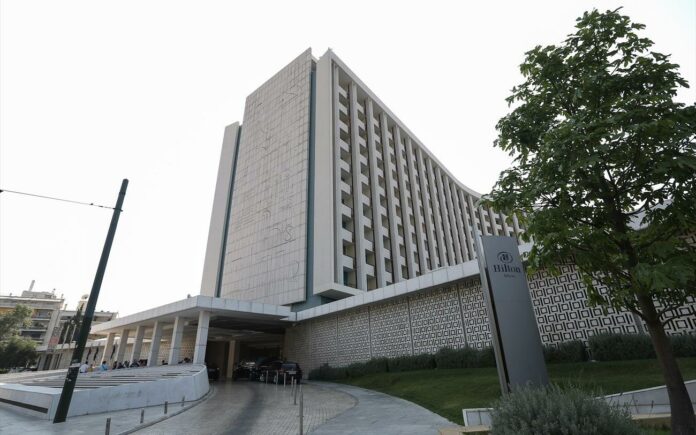The government circulated a non paper on Monday afternoon claiming that the first day of negotiations with creditors’ top auditors in Athens – hours earlier – confirmed that the Greek state was “significantly surpassing” a target for the 2017 primary budget surplus.
As such, the unofficial briefing by the finance ministry noted, the Greek government was “expecting” approval at an upcoming ESM meeting for the disbursement of an 800-million-euro sub-tranche in bailout money. The latter chunk was left over from a major tranche allocated to Greece last July.
Information about the meetings was only forthcoming from the government side, as no official or unofficial reaction was relayed by creditors’ representatives or by EU and Eurozone sources.
The same non paper referred to an agreement for achieving a memorandum-mandated reduction in arrears the Greek state owes the private sector, as creditors have demanded that low-interest loan money funneled to Athens cover the state’s debts.
In terms of actual figures thrown out, the finance ministry – unofficially – said its forecast for a primary budget surplus in 2017 will exceed 2.2 percent of GDP, or around 800 million euros. The target for the current year is 1.75 percent.
Conversely, the same information said the prospect of another “holiday bonus”, which was announced by the leftist-rightist coalition government last week, was not discussed. The government has pledged to give roughly one million people in the country 1,000 euros each, saying the money generated from the surplus would be doled out to at-risk groups in society and the underprivileged.
A “yuletide bonus” at the end of 2016 saw 617 million euros divided amongst 1.2 million pensioners in the country of 11 million euros. The only eligibility criteria for last year’s spending spree was that social security benefits should not exceed 800 euros per month. No wealth or other asset criteria were employed, while in some cases serving MPs – who are also pensioners – received the benefit.
The 2016 “holiday bonus” earned the Tsipras government a stern rebuke from creditors, with Finance Minister Euclid Tsakalotos at the time promising to brief Eurozone partners prior to any similar spending measure in the future.














